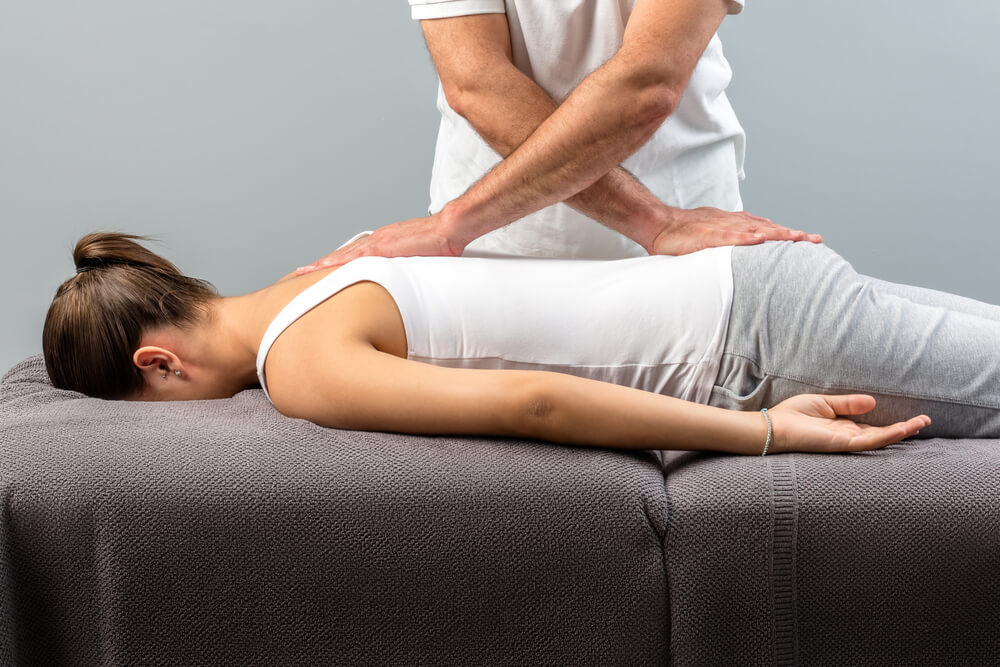A herniated disc is a common source of lower back pain in American adults. Fortunately, there are many treatment options that can help you recover from herniated disc pain. One reliable treatment method is physical therapy.
Why physical therapy?
Physical therapy is a beneficial treatment for a herniated disc in the lower back for a number of reasons, including:
- It can reduce your pain and improve your range of motion — The primary goal of treatment is to reduce your pain and help improve your ability to bend and twist your spine again.
- It reduces your dependency on medication — Medication helps mask the pain and control the symptoms of a herniated disc, but it comes at a cost. Medications usually have unwanted side effects and can become addictive. Treating your pain with physical therapy instead lowers the need for using medication.
- It reduces the need for surgery — Another treatment for a herniated disc is surgery. It can help reduce your pain, but it comes with high risks and long, painful recovery times. Physical therapy can lower your need for surgery when it comes to overcoming pain from a herniated disc.
How do physical therapists treat herniated discs in the lower back?
When you visit a physical therapist at Whatcom Physical Therapy in Blaine, Washington, for herniated disc treatment, we’ll carefully examine your back and develop a personalized treatment. This treatment will likely include techniques like:
- Stretches and exercises — Therapeutic stretches and exercises for a herniated disc are designed to gently strengthen the muscles and soft tissue in your back and core. They help improve the quality of your muscular support for your upper body, which reduces pressure off the herniated disc in your spine. These exercises may also target your legs, shoulders and neck depending on the location of the herniated disc.
- Joint mobilization — Physical therapists can use their hands to gently mobilize the positioning of your spine. This can release some pressure from the spine, which should reduce pain off of the herniated disc.
- Posture guidance — The way you sit or stand may put additional pressure on your spine that contributes to herniated disc pain. A physical therapist can examine your posture and help you make corrections.
Visit Whatcom Physical Therapy in Blaine, WA, for herniated disc treatment
Is a herniated disc causing pain in your back and keeping you from bending and twisting? Our physical therapists at Whatcom Physical Therapy in Blaine have you covered. Contact our team today for more information about herniated disc treatment or to schedule an initial appointment.

